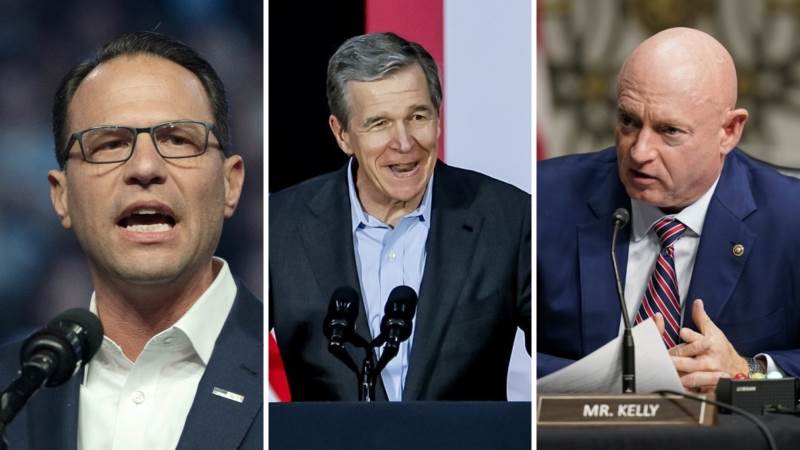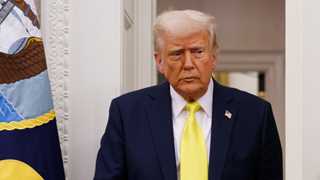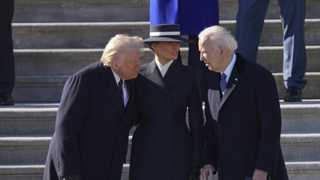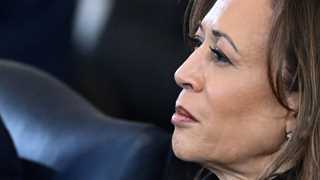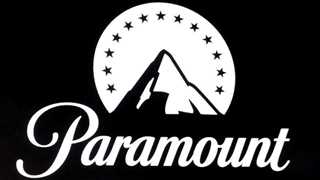After a meteoric fundraising haul that saw a net of $100 million in less than two days, favorable press coverage, a successful first rally, and even a Reuters/Ipsos poll giving her a 2% lead over her archrival Donald Trump, Kamala Harris now faces perhaps her most challenging decision: selecting a running mate. This choice is likely to determine the trajectory of her campaign, paving the way for either further gains or significant setbacks.
Over the past few days, it has become increasingly evident that Harris, currently the presumptive nominee for the Democrats, is poised to secure the nomination without serious opposition. The Democratic Party, with approximately 103 days remaining in the campaign, cannot afford internal conflicts. They must present a solid, united front, especially after the GOP garnered substantial media attention and a powerful surge last week following Trump's survival of an assassination attempt, which rallied his supporters.
Then, the pressing question now is: Who will be Kamala Harris's running mate? Let's explore the potential options.
The first plausible choice is Pennsylvania Governor Josh Shapiro (pictured left). Shapiro, 51, has been governor since 2023 and served as Pennsylvania attorney general between 2017 and 2023. Picking him could bring extra votes from a swing state that Democrats desperately need. Politically, he has pledged to support Harris as a candidate and has called on his party to unite behind her. He also aligns with Harris on immigration and has pushed back against former President Donald Trump's conservative policies. Although Shapiro is more pro-Israel than Harris, this difference could attract more voters.
Positioned as a moderate Democrat is Arizona Senator Mark Kelly (pictured right). At 60, he has been a senator since 2020 and was previously a NASA astronaut and Navy fighter pilot. One of his strengths is that he represents a key border state in the political battle over immigration. When he defeated Republican incumbent Martha McSally four years ago in a special election for former Senator John McCain's seat, he became the first Democrat to hold that seat since 1962. Kelly is also a gun control advocate after his wife, Arizona Representative Gabby Giffords, was shot at an event in January 2011. "This is not about me," Kelly said recently to ABC. "I'm going to be focused on doing everything I can to make sure she [Harris] is elected because we cannot have a repeat of what we saw between 2016 and 2020."
Another name appearing on lists of potential running mates is North Carolina Governor Roy Cooper (pictured center). Cooper, 67, is a moderate Southern Democrat focused on public education and business growth while supporting liberal positions on issues such as abortion and criminal justice reform. He has maintained a close friendship with Harris since they were both attorneys general and has had a significant legislative impact. Known for his steady, non-controversial personality, Cooper's roots in rural Nash County and his decisive action on high-profile cases, such as the Duke lacrosse scandal, underscore his commitment to fairness and inclusion.
Kentucky Governor Andy Beshear, 46, could also be considered. He has been governor since 2019 and recently won re-election in November with a five-point lead, a significant victory for Democrats in a deeply conservative state. As governor, Beshear has supported infrastructure projects such as the Brent Spence Companion Bridge and expanding the Mountain Parkway in eastern Kentucky. He has signed laws legalizing sports betting and cannabis for medical use and expanded access to Medicaid. According to his website, Kentucky was one of eight states to decrease overdose deaths during his administration after signing two laws that increased resources for addiction treatment and recovery programs.
In addition to the names mentioned so far, the options of Illinois Governor JB Pritzker, California Governor Gavin Newsom, Maryland Governor Wes Moore, US Secretary of Transportation Pete Buttigieg, and US Senator from Georgia Raphael Warnock seem possible, but less realistic. In this sense, everything indicates that Harris could attract the undecided and more center-oriented voters. To do so, the most appropriate strategy appears to be presenting a moderate formula and one that offers fewer risks from a political or even symbolic point of view. However, we cannot forget that this has been a race full of surprises, and Harris could well give us yet another one.
